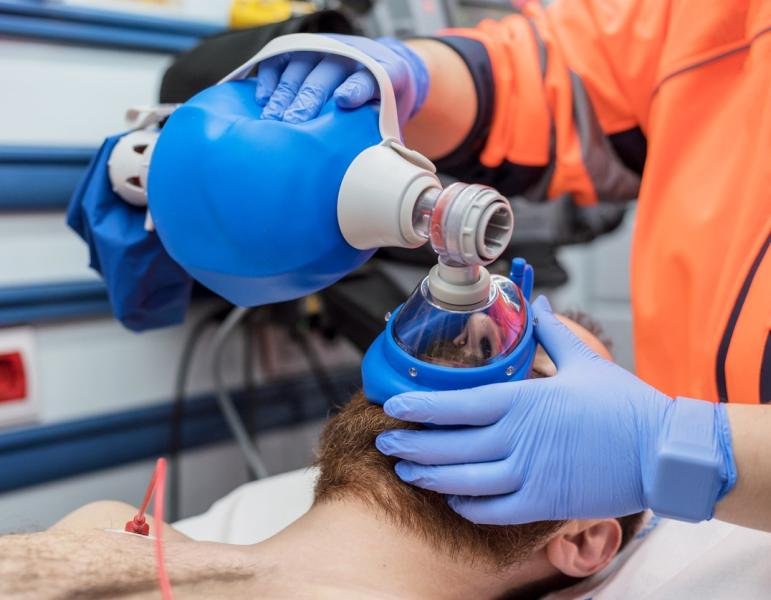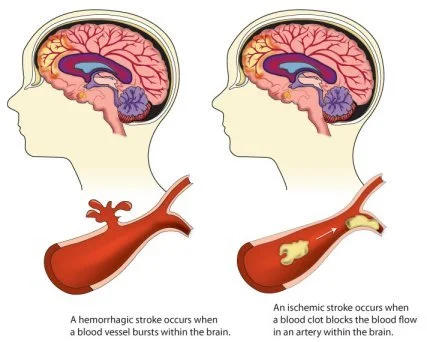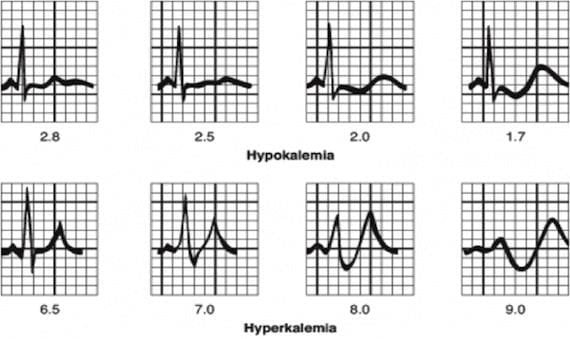
For providers, by providers.
Find all the latest research, articles, and other discussions on EMSAware below.
All About RSI: A Primer
In this article, we discuss the basics of rapid sequence intubation and the EMS providers’ role in the process. We discuss the pathophysiology, medications involved, and basic principles of RSI.
Alcohol Withdrawal Patho Basics
In this article, we discuss the basic pathophysiology and clinical pearls of alcohol withdrawal management, including CIWA scores and benzodiazepine use as it pertains to the ER nurse or EMS provider.
Basics of Transgender Patient Care
In this article, we discuss the basics of transgender gender- affirming care, important clinical pearls for EMS providers, and best practices to approach transgender patients.
Mental Health Meds & EMS: A Refresher
In this article, we discuss the most common mental health medication classes, considerations for EMS providers, and major life threats such as neuroleptic malignant syndrome.
Prehospital Cocaine Toxicity: An Overview
In this article, we discuss the intricacies of acute cocaine toxicity management in the prehospital realm, including common signs and symptoms, medications involved, risk factors, and EKG changes.
Prehospital Emergencies: Testicular Torsion
In this article, we discuss the pathophysiology of testicular torsion, the prehospital recognition and management of it, and the in-hospital therapies available for these patients.
Diabetes & Hypoglycemia: Behind the Scenes
In this article, we discuss the pathophysiology behind hypoglycemia and its causes. We also discuss special cases such as alcohol-induced hypoglycemia, sepsis, and diabetic coma.
EKGs and What They Mean
This article is a long-form, easily accessible way to explore different EKG patterns and their pathophysiology. Last updated 6/16/2023.
Increased Intracranial Pressure: The Basics
In this article, we discuss the basics of intracranial pressure issues, the EMS management of said issues, the pathophysiology behind principles such as the Monro-Kelli doctrine and uncal herniation, and the latest research in trauma care.
All About Magnesium Sulfate
In this article, we address the indications, pathophysiology, common uses, and other clinical pearls about magnesium sulfate as an EMS medication.
Epinephrine in Cardiac Arrest: Outdated?
In this article, EMSAware discusses the background on research cardiac arrest literature and the contested role that epinephrine plays in resuscitation. This article focuses heavily on the UK-based PARAMEDIC2 trial.
Kidney Disease & The EMS Provider: The Basics
In this article, we explore the complexities behind chronic kidney disease patients and the essentials that healthcare providers must know to provide adequate care, especially in the prehospital world.
The Rundown on Different Stroke Scales
This article is intended to provide information and comparison of different prehospital stroke scales and their various strengths/weaknesses. Covered scales include the FAST-ED, Cincinnati, NIHSS, and RACE stroke scales.
Potassium & The Heart: Hypo/Hyperkalemia
In this article, we review the pathophysiology, findings, and treatment options available for potassium electrolyte imbalances - including hyperkalemia and hypokalemia.
Medication Review: Statin Class
In this article, we discuss hypercholesterolemia, the mechanism of action of statin class drugs, populations that are most commonly described statin drugs, and considerations for healthcare providers when treating patients taking statin drugs.
Medication Review: All About Epinephrine
In this article, we review the pharmacology and pathophysiology behind Epinephrine, proper use of it, and the BLS and ALS applications for it in the field.
Image courtesy of Allergic Living.
Atypical MI Symptoms & Acute Coronary Syndrome: A Review
In this article, we review STEMI and NSTEMI, classic AMI symptoms, and work on differentiating the possibility for AMI with atypical patient populations/presentations. This is about acute coronary syndromes.
Photo courtesy of Verywell Health.
Prehospital ultrasound: making our differentials more exact
Exploring the emergence of prehospital ultrasound.




















